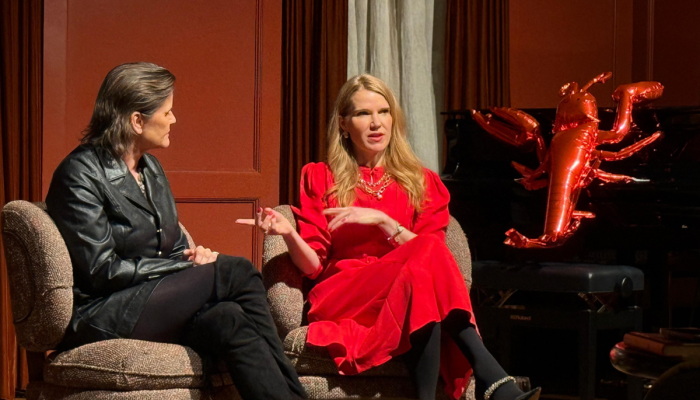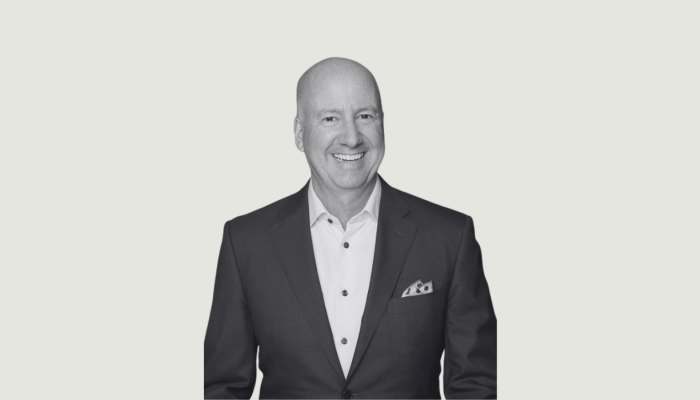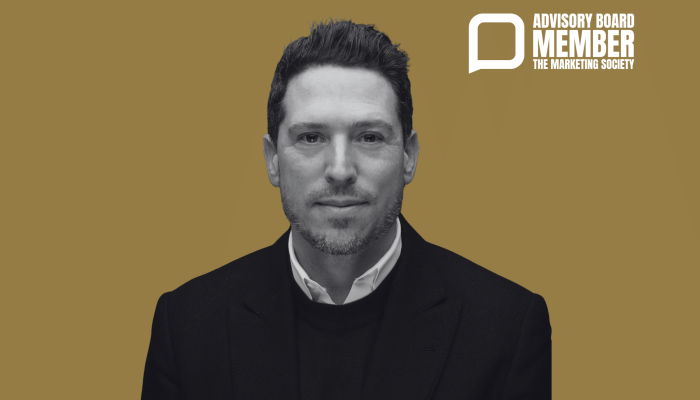When someone recently asked me why I work in advertising it surfaced a vivid memory from years ago. Back then, the conversation threw me, leaving me with little to say. But today I have the answer ready for anyone asking, whether they’re a curious friend, a graduate considering their career options, or someone with an agenda.
When I was in my early twenties, a friend’s dad asked me about my job.
We were at a twenty first birthday party, surrounded by conversations loaded with the self-consciousness of new words. So there I was, part of a cluster of twenty-somethings trying out the language of workplaces and professions over martinis we secretly wished we hadn’t ordered. When I answered ‘Advertising.’ he instantly replied ‘Oh, is your father horribly disappointed?’.
For context, both he and my father worked in the arts in left-leaning North London.
I’m sure that he wasn’t trying to be cruel, he probably assumed that I would nod and laugh in that self-effacing British way we have all been conditioned to. He couldn’t have known his question would cut me on a personal level, because the other assumption he had made was that my father had any interest in my profession at all.
The thing that bothered me the most in his question, however, was the assumption that working in advertising equated to selling out.
For me, it followed the decision to drop out of art school because I struggled to find a single contemporary artist who was doing something widespread and accessible for everyone. Advertising represented a self-conscious decision to drive positive change in the most relevant medium in the world. People come into contact with advertising in some form or other more than any entertainment or information they seek out. And I believe that this will remain true for as long capitalism prevails.
Advertising also has a dark history to answer for
It has created false aspirations, widened the gender gap and compromised both peoples’ health and their happiness. But if good people leave a bad influence to its own devices, it will never change. And if people who want to create change only do so in elite circles, their influence will be limited to self-conscious conversation amongst people who now enjoy their martinis a little too much.



